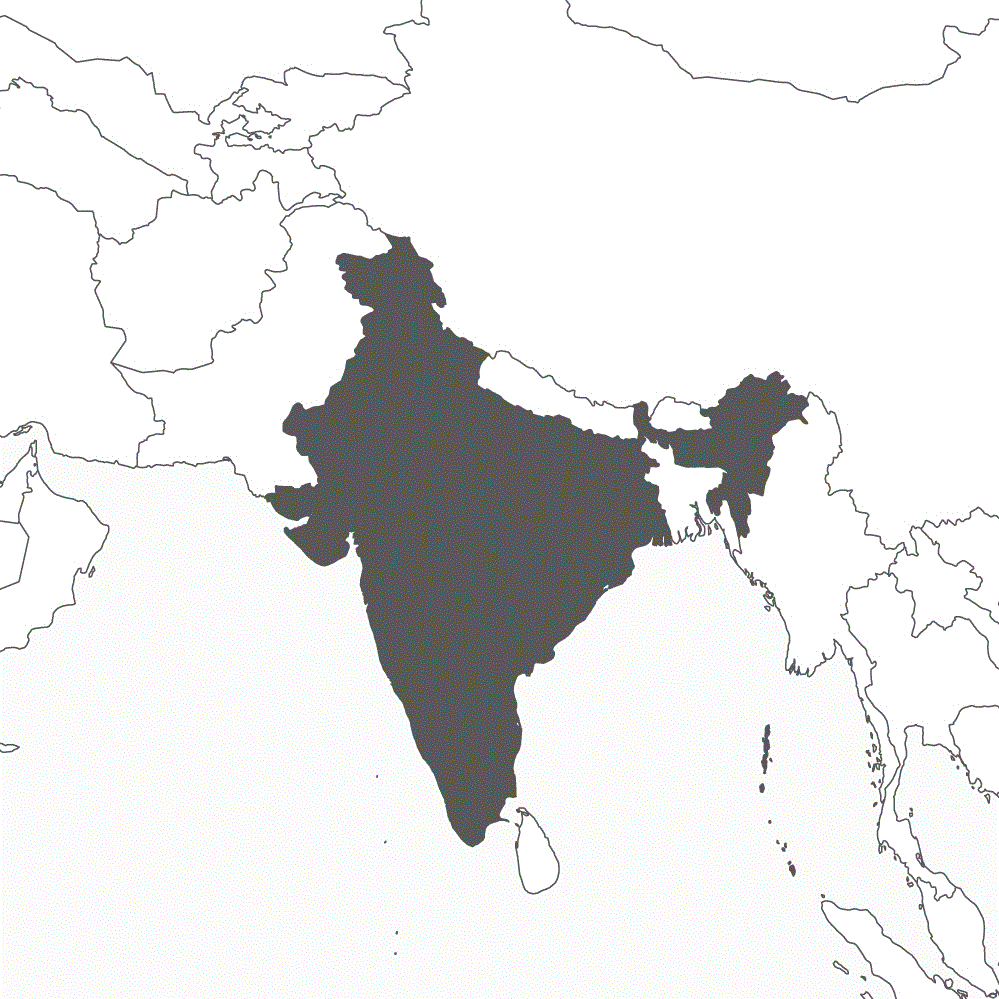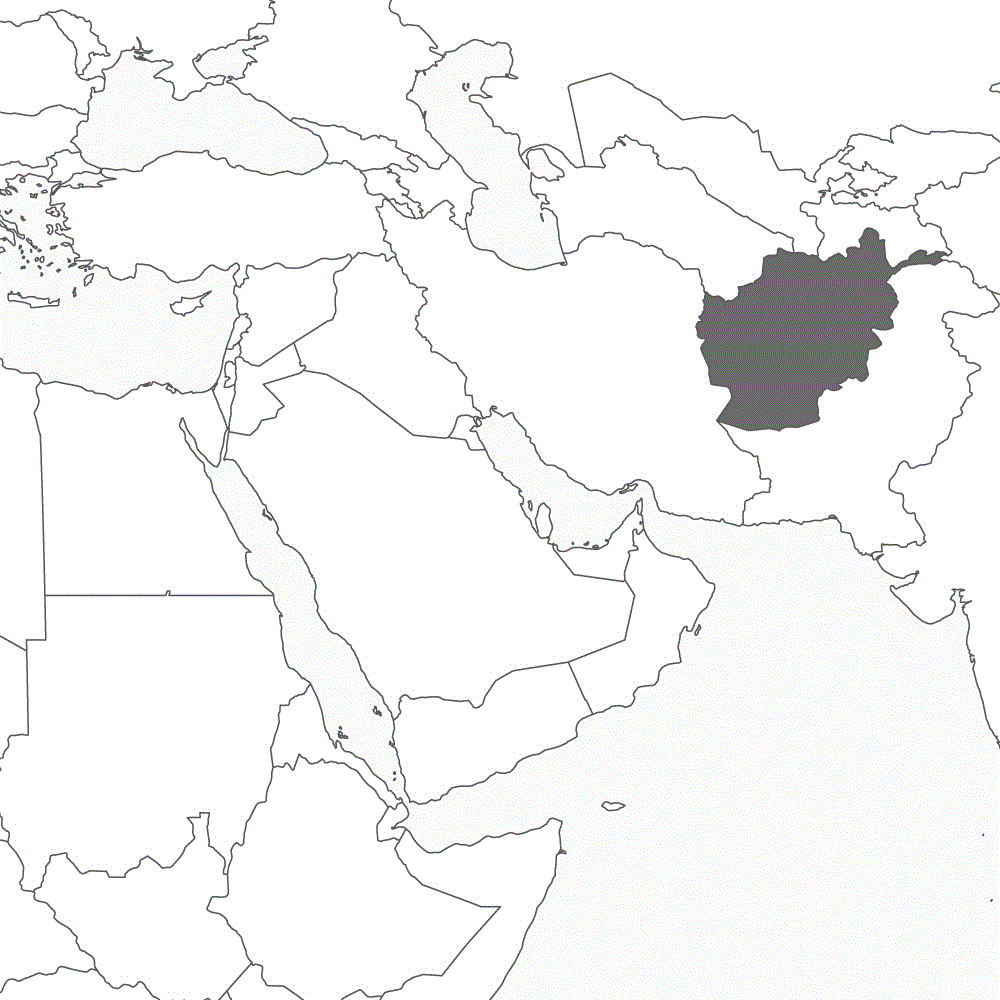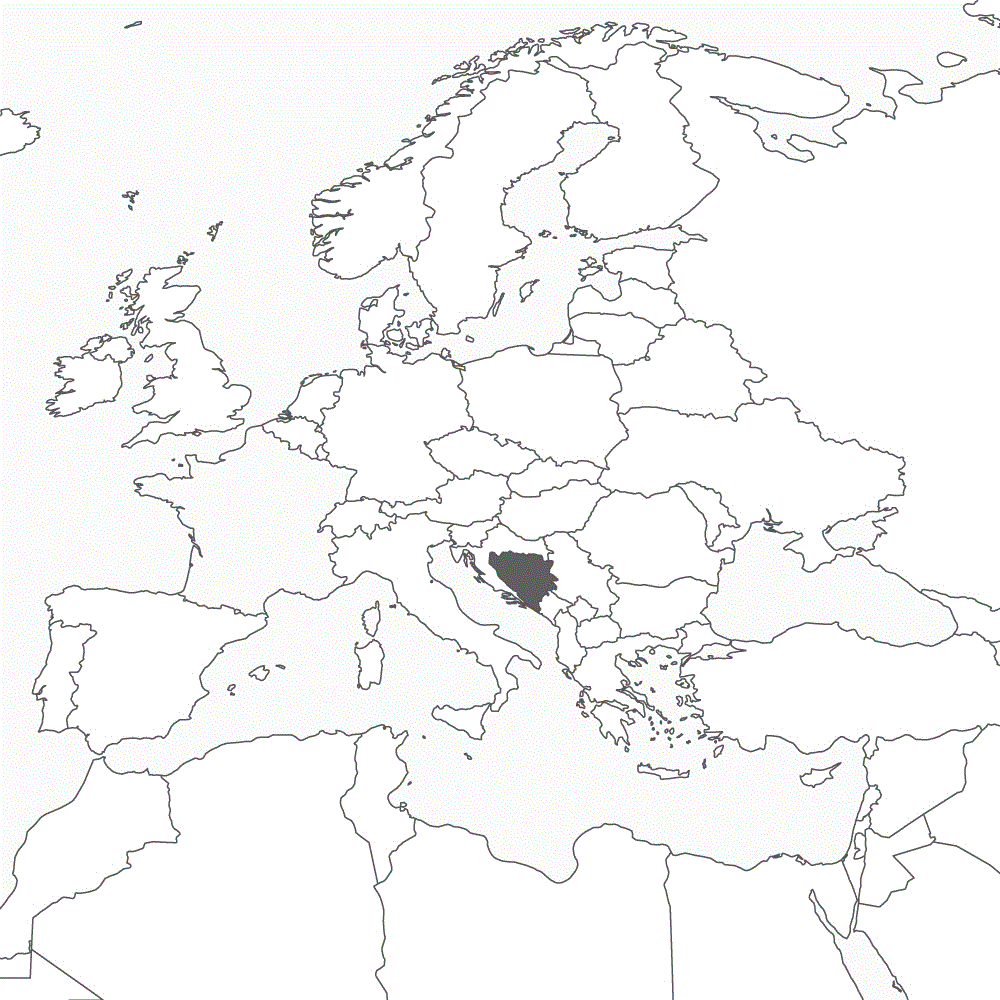Isolate Russia (III)
West makes no progress in isolating Russia. India expands trade with Russia, Turkey welcomes Russian oligarchs. Expert accuses the West of neocolonial “hypocrisy.”
BERLIN/MOSCOW/NEW DELHI (Own report) – Five weeks after the Russian intervention In Ukraine, western powers still fail to globally isolate Russia. During a visit to India yesterday, German Chancellor Olaf Scholz’s foreign policy adviser Jens Plötner tried to persuade New Delhi to abandon its cooperation with Moscow. Other representatives of western states had already previously traveled to the Indian capital, pursuing the same objective – to no avail. India is increasing its purchase of Russian oil and is continuing to develop a payment system independent of the US dollar and SWIFT. Still only 48 countries are participating in the western sanctions against Russia. Three-quarters of all UN member states are refusing to comply, despite the partially considerable pressure being exerted on them. Saudi foreign policy expert Mansour Almarzoqi declared that he sees “absolutely no difference” between the wars against Iraq (USA, 2003) and against Ukraine (Russia 2022) and accuses the West of “hypocrisy”: “hidden behind the thin façade of human rights and democracy rhetoric” lies the naked “colonial heritage of the West.” Read more
EU: Playing Poker with Natural Gas
EU rejects paying rubles for Russian natural gas, thereby threatening to trigger a supply freeze. Business community warns of massive slump; Supplying population uncertain.
BERLIN/MOSCOW (Own report) – The EU’s announcement of its rejection of paying for Russian gas in rubles, threatens to end Russian natural gas supplies in the next few days. The G7 states had already announced on Monday, that western enterprises must continue to pay for natural gas in either euros or US dollars. The EU is following suit. Because Russia’s President Vladimir Putin had declared that, due to sanctions, Moscow can no longer use euros and US dollars, as previously, only rubles would be accepted. Therefore, a supply freeze is now threatening. Germany’s business community is alarmed. Corporations such as BASF are not ruling out being forced to shut down huge production sites. Trade unions are warning of a sharp increase in unemployment. A crisis management exercise carried out a few years ago by German officials (LÜKEX 18), had indicated that a 30 percent slump in gas supplies could even provoke food shortages. Russia supplies around 50 percent of Germany’s gas consumption. German economists are optimistic: in situations of crisis, “business and citizenry always become creative.” Read more
From the Baltic to the Black Sea
NATO expands troop presence in Eastern and Southeastern Europe. Bundeswehr participates in several countries. Maneuvers also intensified – from the high north to the Mediterranean.
BERLIN/BRUSSELS (Own report) – NATO is significantly expanding its troop presence in Eastern and Southeastern Europe. This is one of the outcomes of the most recent summit meeting of heads of states and governments of the military alliance convened yesterday (Thursday) in Brussels. According to the agreement, the number of NATO battlegroups will be doubled due to the stationing of new units in Slovakia, Hungary, Romania, and Bulgaria; while more fighter aircraft, warships and aircraft carrier battle groups will be sent to the region. The Bundeswehr is involved in sending troops to Lithuania and Slovakia, as well as with providing Eurofighters and warships. For years, hardliners have been pushing for these measures to be taken, and they were already in discussion before the escalation of the Ukraine conflict. Concrete steps were taken before the war began. There is resistance in some countries of the region. NATO troop locations form an arc stretching from the Baltic Sea to the Black Sea. Maneuvers, where NATO is currently practicing warfare, stretch from the high north to the Mediterranean. Read more
“Freezing Against Putin”
Acquisition of liquefied gas for Germany to phase out Russian gas is only making slow progress. A minimum quantity must in any case still be paid from Gazprom.
BERLIN/DOHA (Own report) – Acquisition of new gas supplies for Germany to phase out Russian gas supplies is progressing more sluggishly than desired. As was announced after talks Germany’s Minister of the Economy, Robert Habeck had held in Qatar’s capital Doha, it was not possible to secure a significant amount in short-term deliveries. At best, Doha will deliver a greater supply of natural gas to Germany in a few years, according to the report. Habeck had obtained similar results earlier in the USA and Norway. Thus, Germany could remain dependent longer than had been hoped on Russian natural gas. A similar result was reached in the analysis published by the Oxford Institute for Energy Studies (OIES) on the EU, which would need more liquefied gas, than is currently available on the world market, to make up for the loss of Russian gas. Media and politicians are promoting a scaling back of natural gas consumption, using such slogans as “Freezing for Freedom.” The OIES also points out that the long-term supply contracts with Gazprom stipulate an obligatory minimum quantity purchase of approx. 120 billion cubic meters (bcm) of gas. This must be purchased, even if the consumer does not use it. Read more
The War and the Euro
Business circles warn that the war in Ukraine will weaken the euro. Sanctions on Russia threaten the US dollar’s long-term standing. Russia’s national bankruptcy would cause billions in losses to banks within the EU.
BERLIN/WASHINGTON/MOSCOW (Own report) – German business circles are warning of the negative impact Russia’s war in Ukraine will have on the euro. Because the EU has maintained much closer business relations to Russia, they explain, the economic impact caused by the war, will be greater for the EU than for the USA. The EU currency will thus come under pressure. Even “parity with the dollar” can no longer be ruled out. Observers, of course, are seeing that the standing of the US dollar, as the leading global currency, is in danger, in a long-term perspective. That the USA has frozen the Russian central bank reserves, could motivate other countries to avoid this risk and invest their money elsewhere. The sanctions could also have repercussions on western countries, if there is a Russian national bankruptcy caused by a western boycott. This would impact particularly the French, Italian, and Austrian banks, as well as banks in the USA. German credit institutions are considered comparatively less endangered; however, a considerable inflation dynamic throughout the euro zone is feared. Read more
The Forgotten Humanitarian Catastrophe
International campaign calls also on Berlin to release Afghanistan’s central bank reserves. The funds are needed to combat the current famine.
BERLIN/WASHINGTON/KABUL (Own report) – An international campaign is calling on the western powers – including Germany – to release the frozen assets of the Afghan central bank to be able to combat the current famine in Afghanistan. According to an open letter to German Chancellor Olaf Scholz, published last week by the United Against Inhumanity (UAI) campaign, Berlin should immediately release the portion of the Afghan central bank’s reserves, deposited in Germany. Reserves valued at US $2.1 billion are in European banks, including Germany’s. Another US $7 billion are in the United States. On February 11, US President Joe Biden stipulated that half of those assets should be confiscated and paid to the families of victims of the September 11, 2001, terrorist attacks as reparations. That decision has provoked massive protest in Afghanistan. Critics are calling this move an unabashed “theft” and accuse the USA of behaving like a colonial power. In Afghanistan, nearly 4 million children are undernourished, up to a million children are on the verge of starvation. Read more
“Won’t Relinquish to Moscow”
Foreign Minister Baerbock travels to Serbia and Bosnia-Herzegovina to roll back Russia’s influence there. In Bosnia, old tensions are currently on the verge of escalating.
BERLIN/SARAJEVO/BELGRADE (Own report) – With her trips to Serbia and Bosnia-Herzegovina, Foreign Minister Annalena Baerbock is initiating new steps to roll back Russia’s influence in Southeastern Europe. She will “make it clear that we will not relinquish this region in the heart of Europe to Moscow’s influence,” Baerbock declared before embarking on her trip to Sarajevo and Belgrade. Her talks will be taking place today in Serbia almost exactly 23 years after NATO’s invasion of that country in violation of international law, costing the lives of numerous civilians. US Senator, at the time, Joe Biden, had even called for the occupation of the country while the invasion was still in progress. Today, Serbia refuses to comply with the West’s sanctions against Russia, with which it has been having a growing cooperation for years. This is why the European Parliament is now threating that country with additional obstacles hindering its aspired EU membership. Already yesterday, Baerbock arrived in Bosnia-Herzegovina, to threaten Bosnian Serbs with sanctions. They also feel comparatively close to Russia and demand greater independence from the Bosnian government. Read more
“Isolate Russia”
The West’s attempts to globally isolate Russia, because of its attack on Ukraine have failed so far – on every continent except Europe and North America.
BERLIN/WASHINGTON/MOSCOW (Own report) – The western power’s attempts to isolate Russia worldwide because of its attack on Ukraine, have proven unsuccessful. Last week, at the UN General Assembly, Germany’s Foreign Minister Annalena Baerbock called on all nations of the world, to “now (...) take sides,” regarding Russia’s war of aggression. Although the General Assembly has condemned the war by a clear majority, most of those countries – unlike the west and its closest allies – are still continuing their cooperation with Russia. That is the case with China, as well as for India, which is resisting intense pressure from the United States. The countries on the Arabian Peninsula are not willing to increase oil production, to facilitate the West’s embargo of Russian oil. Similar standpoints could be heard from South Africa, Latin America and Southeast Asia. Among the reasons were that the Iraq War and other armed conflicts waged by the West make the West’s protests of the war in Ukraine seem ludicrous. So far, across the board, the West has had no breakthrough. Read more
Kiev’s International Legion
Former elite soldiers from NATO countries – including Germany – participate in the war against Russia in Ukraine. This is considered a substitute for regular NATO deployment.
BERLIN/WASHINGTON/KIEV (Own report) – Former NATO special forces – including Germans – are in combat in Russia’s war of aggression against Ukraine on Ukraine’s side. This was reported by a US news portal. According to this information, over the weekend several western ex-elite soldiers experienced in close combat and counterterrorism are preparing to leave from Poland to join the war in Ukraine. Numerous others are reported to be standing by. The government in Kiev has meanwhile created the legal prerequisites by establishing an “international legion,” to ensure that soldiers of foreign nationalities entering the country will have regular combatant status. Observers consider that the voluntary engagement of former soldiers from the West will substitute, to a certain extent, for the deployment of regular NATO troops, which the military alliance does not want to send, to avoid an official engagement in a war with the nuclear power Russia. These methods are known, for example, from the 1980s Afghanistan war, also involving Bundeswehr soldiers. The “Georgian Legion” is currently a point of contact in Ukraine. Read more
GERMAN-FOREIGN-POLICY.com
Information on German Foreign Policy: News + Interviews + Analyses + Background





